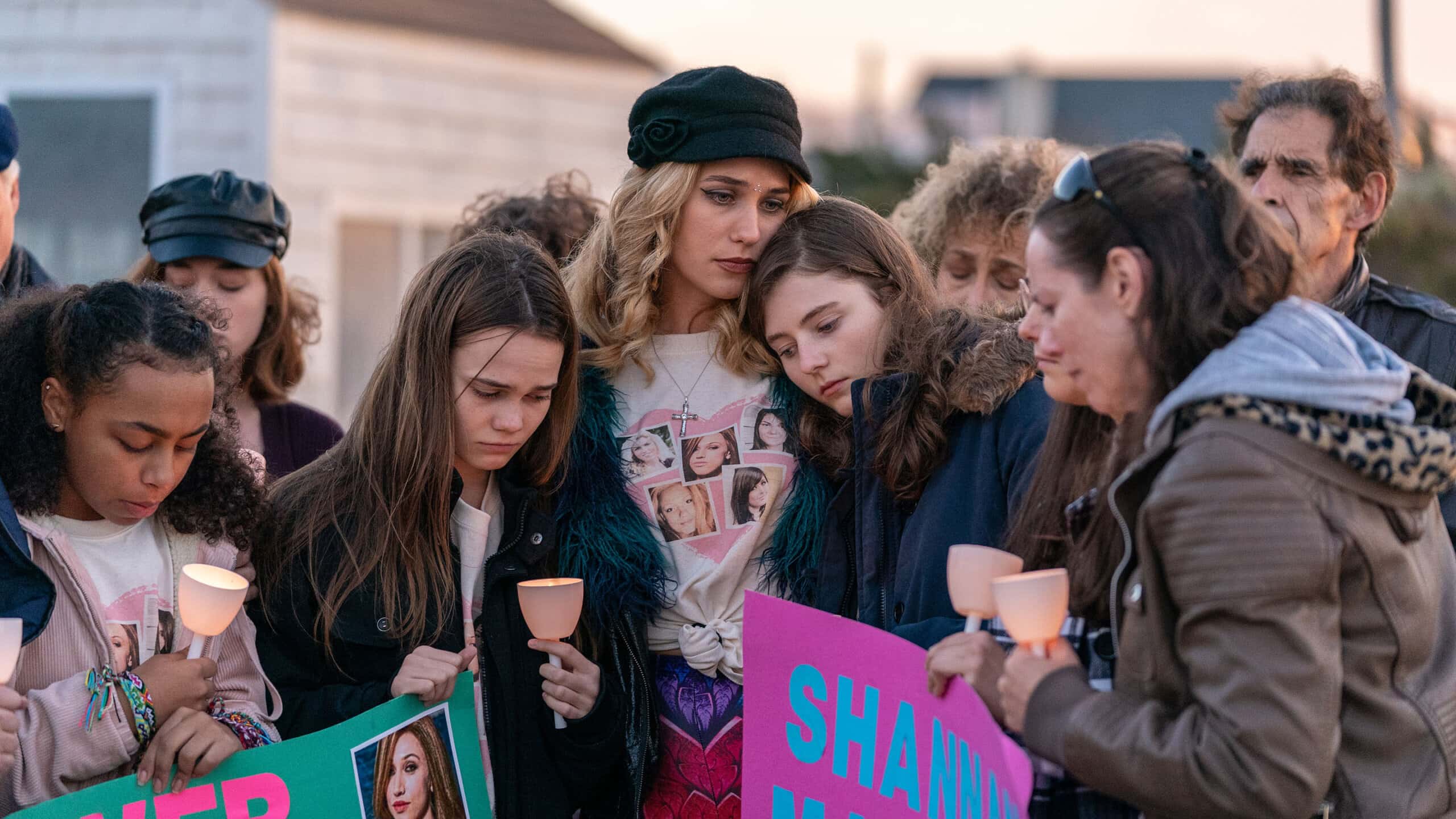Movie Review: Penguin Bloom
29th January 2021
Copyright: Netflix
While there was once a time Naomi Watts would put people in seats or attract attention to a project, she has found herself in an inevitable lull. Not that she is struggling to find work, clearly not considering her starring role in Penguin Bloom, but by the looks of this collaboration with Netflix, it is dubious as to whether or not quality is something Watts is actively seeking. Co-starring with a magpie and Andrew Lincoln, Watts attempts to provide versatility and range as she brings sputtered life to this book adaptation.
Schmaltzy cliché may leave its inevitable scorch mark, but Watts’ leading performance will be enough to convince some audience members of quality. More fool them, because if you look through the thinly veiled message here, Penguin Bloom has neither penguins nor blooming flowers. In fact, much of the story is about the gradual engagement between a magpie and Sam Bloom (Watts). While Watts shares more chemistry with this broken bird than the former Walking Dead star, they do work somewhat better when isolated. Cameron (Lincoln) the family man holding together the unit and looking after his emotionally grief-stricken wife, while Sam (Watts) comes to terms with her physical limitations. These moments are good, yet when the two are together it seemingly falls apart.
Not being able to capture the poignant moments is the crucial issue here. Child actors that plug away at bland and obnoxious thoughts of guilt and grief. With the usual sparks of sadness and turmoil projected with banality and indifference, it is hard to connect with any of the larger points Penguin Bloom and director Glendyn Ivin wish to make. Ivin is of the thought process that weaving the current-day in with the past is the best way to present this narrative. That may be true, but there are no evident markers of quality. Usual dream sequences coupled with a leading character struggling with and then eventually accepting a new environment. You’ll have seen it all before, and narratives such as this live or die on the quality of script and cast.
As great it may be to see a representation of disabilities within larger products, Penguin Bloom misses the mark with anything that could be considered respectful or engaging. A lack of nuance and hammy performances begging for critical acclaim, a thick layer of fakery is placed over an essentially barebones story that, at the very least, knows what it wants to be. What it wants to be is nothing of exceptional artistry, happy to meander along, knowing that it will please the right people with its truth-based cinematics. “True story” does not equate to “good story”. Penguin Bloom must understand this, because, for all its ability to manipulate and spin a narrative, it does nothing to disengage from the perplexing popularity of bleak, bland storytelling. Chirpy music, inevitable tragedies and an acceptance of the new normal, that is all Penguin Bloom can offer, drowning in its soppy sorrows, looking for some single semblance of sympathy.
![]()


